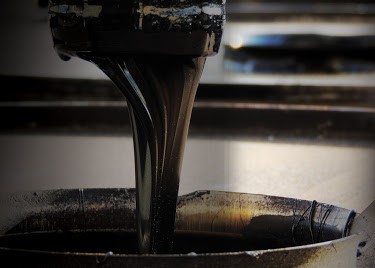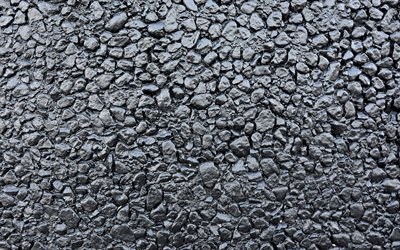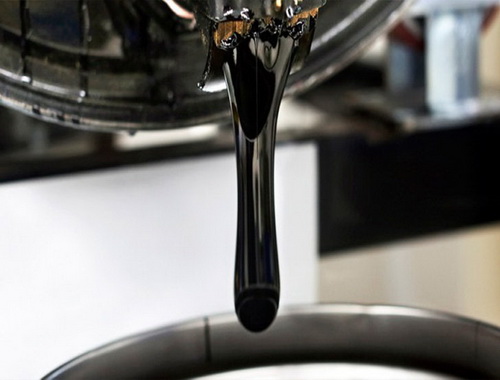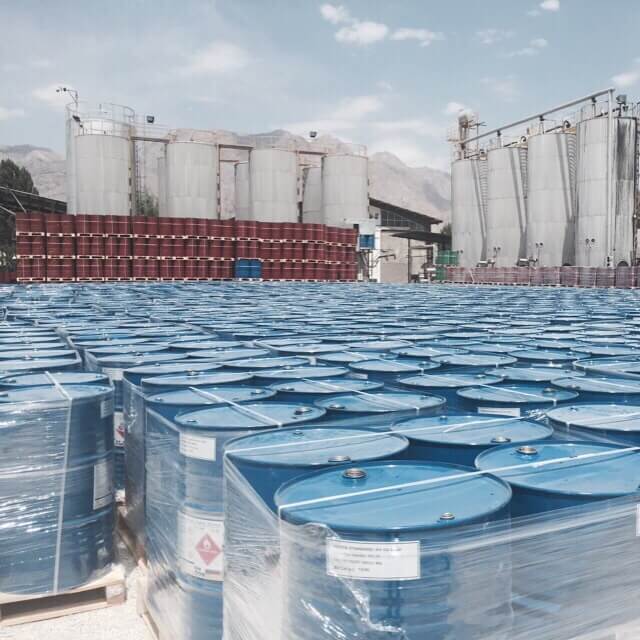Bituminous Products’ Information
-

Emulsion bitumen production process
Bitumen is used in the asphalt pavement process for several purposes: 1. Adhesion between asphalt stone materials and binders 2. Sealing and impermeability of asphalt overlays 3. Sealcoating (pavement sealing) and building a consistent surface for asphalt pavement retention
-

Warm Mixed Asphalt (WMA)
Warm mixed asphalt (WMA) can be produced using foam (or foamed) bitumen. During the WMA preparation, it is possible to produce and apply asphalt at temperatures lower than standard temperatures in hot mix asphalt (HMA), and the asphalt production temperature can be diminished by up to 25%. This temperature is between 140 ℃ and 160 ℃. In this technique, bitumen should appropriately cover the aggregates. However, it is possible to produce asphalt of high quality in terms of workability and compact
-

Slurry Surfacing and Micro Surfacing
The slurry surfacing technique, which further includes slurry seal, was first utilized in the 1950s, mainly as a protective covering layer for airport runways.
-

Deterioration of asphalt pavements
Asphalt roads are continually exposed to different types of stresses leading to asphalt deterioration over time. Heavy traffic, temperature, humidity, and dislocation of bed soils occurring for a variety of reasons may cause stresses to roads. Asphalt pavements may undergo various types of deterioration, which will ultimately lead to asphalt wear and tear at times that depend on the quality of asphalt and infrastructure. Cracks, puddles, subsidence, and other types of deteriorations may appear a
-

SMA
Stone mastic asphalt (SMA), also known as mastic asphalt in some European countries, has spread rapidly around the world for over two decades. Although asphalt is a popular and suitable choice for road pavement, the increasing axle load of vehicles has forced stakeholders to employ new and better solutions.
-

Asphalt along with emulsion bitumen
The production of hot-mix asphalt with emulsion bitumen is similar to the production of hot-mix asphalt with pure bitumen but there are some differences
-

Laboratory testing of asphalts
The properties of asphalts need to be known for a variety of reasons, including performance evaluation, mixture or pavement designs, and production and/or construction specification compliance. In situ testing of material properties in full scale trial sections or in-service pavements is impractical or uneconomical in most cases, so engineers generally have to rely on laboratory testing to characterize or predict material properties. In addition, testing may also be necessary to ensure that spec
-

Why Emulsion bitumen?
All the road construction and maintenance properties provided by cutback bitumen are also available in Emulsion bitumen. Emulsion bitumen also have wide-ranging applications and better performance than cutback bitumen.
-

Asphalt improvement
Some of the important factors that can cause roads asphalt pavement (surface) damage are mentioned below:
-

Bitumen Emulsion Sales
Bitumen emulsion is a bitumen and water mixture in which 1 to 10-micron bitumen particles float in water.
-

-

Sale of export bitumen
This company's products include different kinds of cutback bitumen and emulsion bitumen in liquid forms.